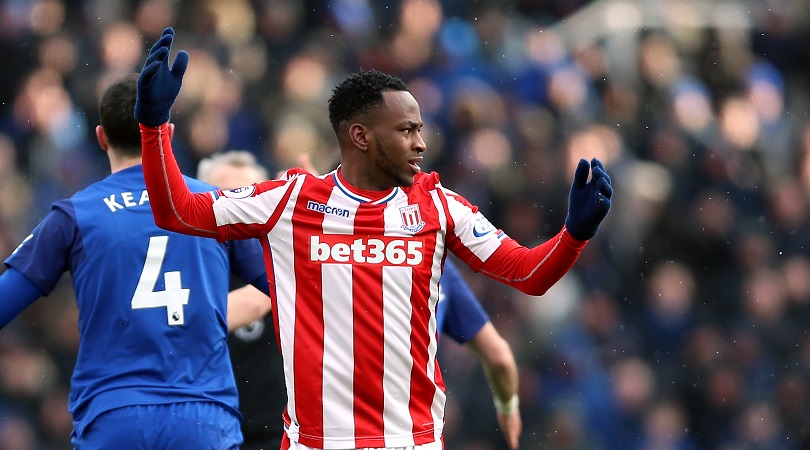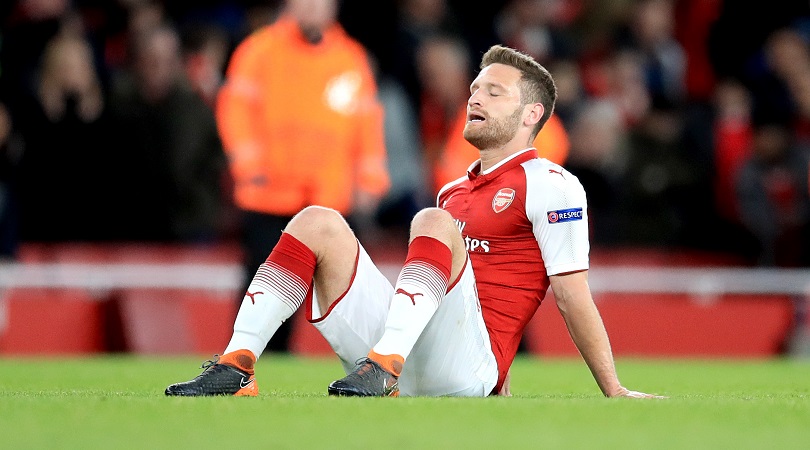
Arsenal: Shkodran Mustafi
As blunder followed blunder, English supporters were left wondering how Mustafi ever won 20 caps for Germany. Sure, Arsenal’s defensive issues are bigger than one player – recruitment, coaching, tactics, team balance – but that excuse only goes so far when you're a £35m signing designed to eliminate the problem, not exacerbate it.
At the critical junctures of Arsenal’s season, Mustafi was unwittingly decisive and, more broadly, the erratic nature of his play appeared to destabilise the entire defensive unit.
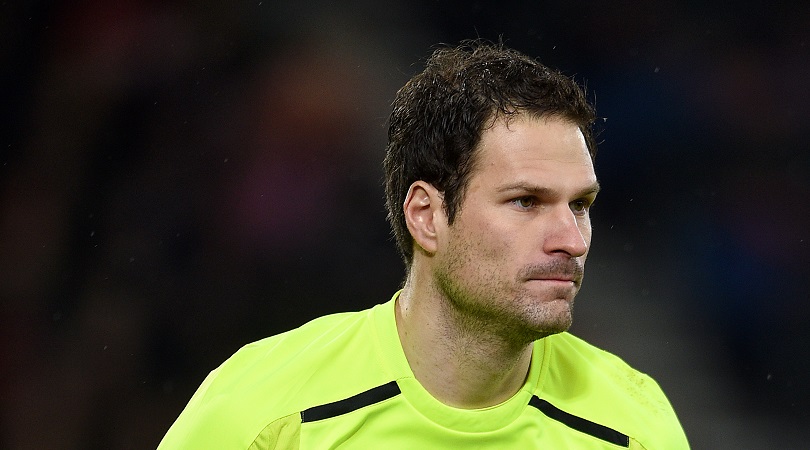
Bournemouth: Asmir Begovic
Begovic’s arrival was the most encouraging moment of Bournemouth’s summer, because he promised goalkeeping security that Artur Boruc couldn’t provide.
It hasn’t worked out that way, though. While becoming a back-up keeper at a big club is often presented as a no-loss scenario, spending so long on the Chelsea bench appears to have damaged the Bosnian. A formerly reliable and imposing player has become meek and insecure, with handling errors and soft goals polluting the second half of his season.
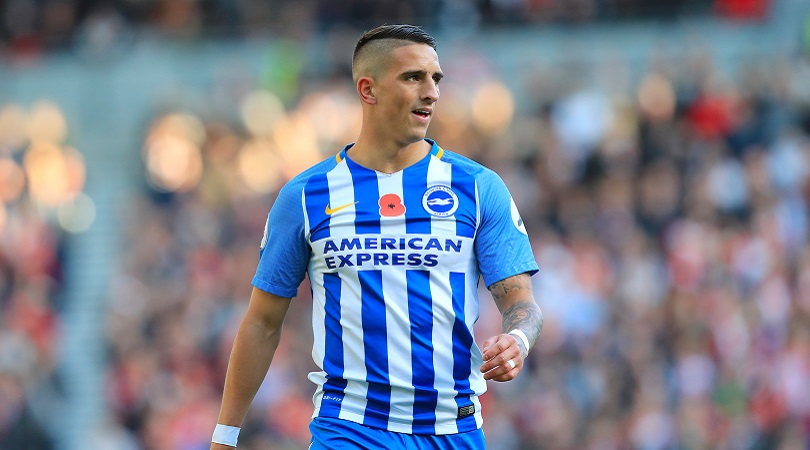
Brighton: Anthony Knockaert
Knockaert was so bright and so entertaining last year in the Championship that it was natural to hope for a breakthrough season at the top table.
The Frenchman is prone to going down far too easily and fond of clutching his face at the slightest invitation, and that sense of theatre detracts from his ability. That’s a great shame, too, because his close control and willingness to take players on often makes him tremendous fun to watch. There’s still time for Knockaert to prove his worth at Premier League level.
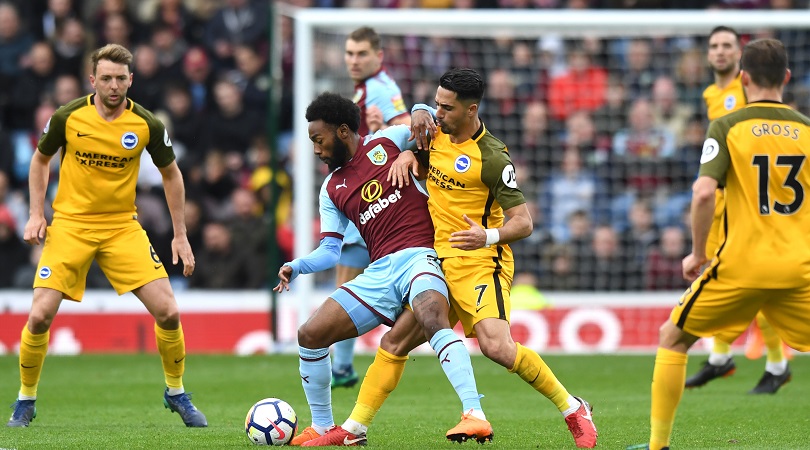
Burnley: Georges-Kevin Nkoudou
Dig deep enough on Google and there are some very interesting stories about how loanee Nkoudou came to be a Tottenham player. Some of the anecdotes also reveal just what a ball-breaking negotiator Daniel Levy is.
Regardless, the Frenchman doesn’t seem to have much of a Premier League future after failing to make an impression in Lancashire. The winger made just eight top-tier appearances for the Clarets, only two of which were starts.
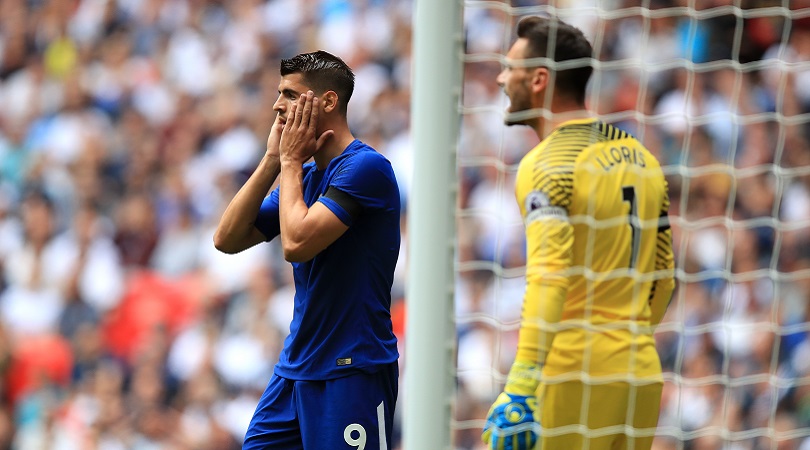
Chelsea: Alvaro Morata
Morata may still improve and he wouldn’t be the first foreign forward to rebound successfully from a fallow first season, but at times the Spain international has seemed fundamentally ill-suited to the Premier League.
The abilities he does have (sharp anticipation, excellent heading technique) are dimmed by flaws (a willowy frame, brittle self-belief) which prevent them from ever shining as they probably should. It’s still early but this already looks like a reckless transfer from a club who now seem to recruit without rhyme or reason.
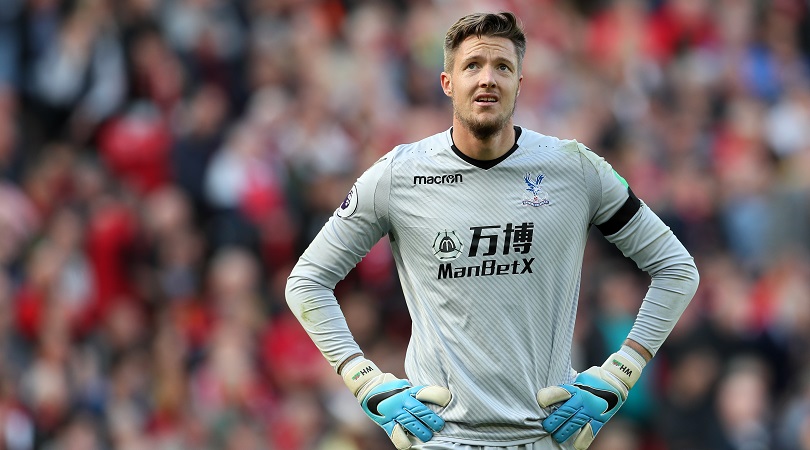
Crystal Palace: Wayne Hennessey
Hennessey has shown signs of improvement in recent months, which many credit to the arrival of Dean Kiely as goalkeeper coach at Selhurst Park. But fundamentally, the Welshman is not a Premier League-quality player.
Palace supporters have been frustrated with him for a long time and will tell anyone who listens that their club needs to urgently invest in that position. The arrival of Vicente Guaita from Getafe this summer will either push Hennessey down the pecking order or through the exit door.
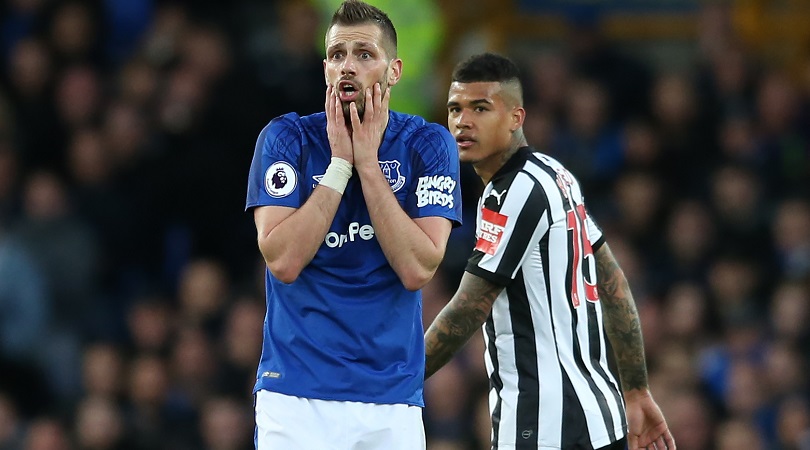
Everton: Morgan Schneiderlin
Schneiderlin’s transfer to Manchester United over-promoted the midfielder and left him so short of confidence that he’s been unable to recover. But then, some of the Goodison Park natives have been frustrated with his application and attitude, too, so there has to be more to the situation.
Michael Keane has been poor, Ashley Williams often calamitous and Sandro Ramirez was obviously a non-event, but all have asterisks against their failure. Schneiderlin doesn’t: he’s talented, mobile and didn’t have to make a cultural adjustment.
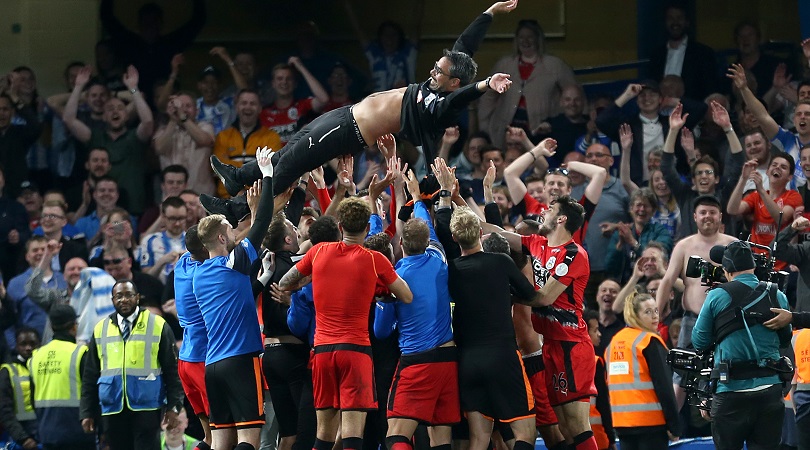
Huddersfield: Nobody
David Wagner was active in the summer and bolder than expected in the transfer market, but there were no major blunders.
Danny Williams was surprisingly ineffective given what he had been for Reading in 2016-17, and Tom Ince looks a long way from the player he was once expected to be, but nobody actually gave a bad account of themselves – or at least not without a reasonable justification.
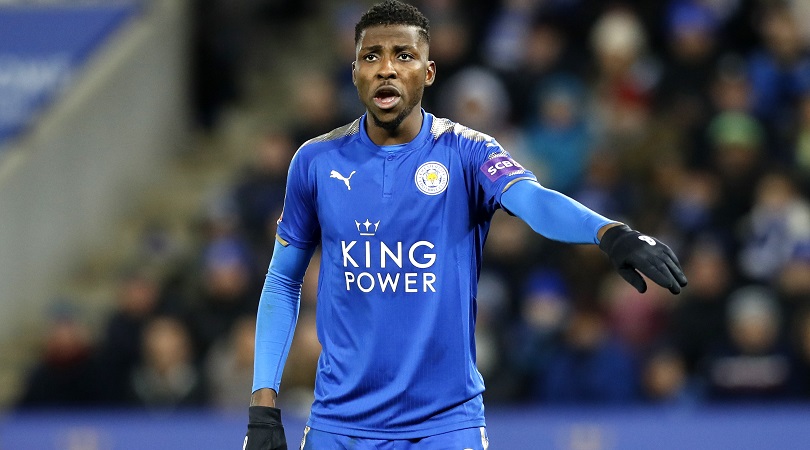
Leicester: Kelechi Iheanacho
We’ll excuse Wes Morgan his season on account of his age (34) and past achievements, but Iheanacho was a crushing disappointment. He has no shortage of ability, as that final-day effort against Spurs showed, but three Premier League goals was a meagre return for a player once thought of as a Manchester City forward-in-waiting.
The Nigerian struggled to adapt around the incumbent players and it’s that lack of adaptability which has been concerning. There’s far more to Iheanacho than he showed in 2017-18.
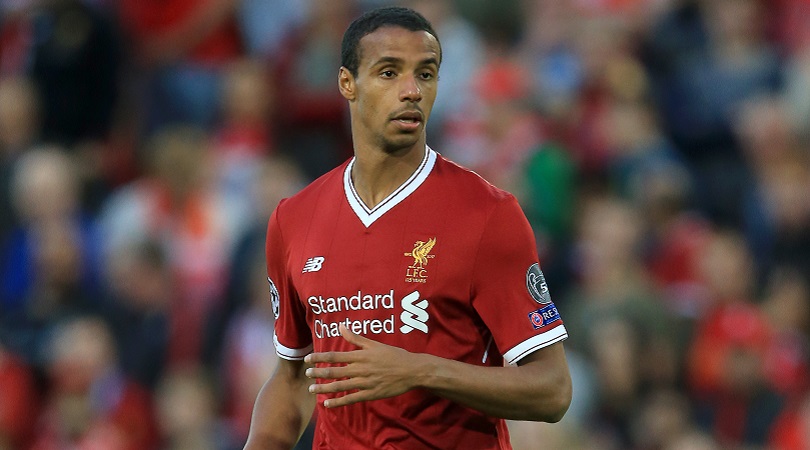
Liverpool: Every centre-half other than Virgil van Dijk
Without Mohamed Salah, Liverpool would be outside the top four and also nowhere near the Champions League final; more importantly for neutrals, without the Egyptian, the debate around the team’s inability to defend would still be continuing apace.
The mid-season arrival of Van Dijk certainly made the Reds’ backline more sturdy, while Andrew Robertson and Trent Alexander-Arnold thrived at full-back. Beyond that, though, Dejan Lovren remains hapless and neither Joel Matip nor Ragnar Klavan are up to the required standard.
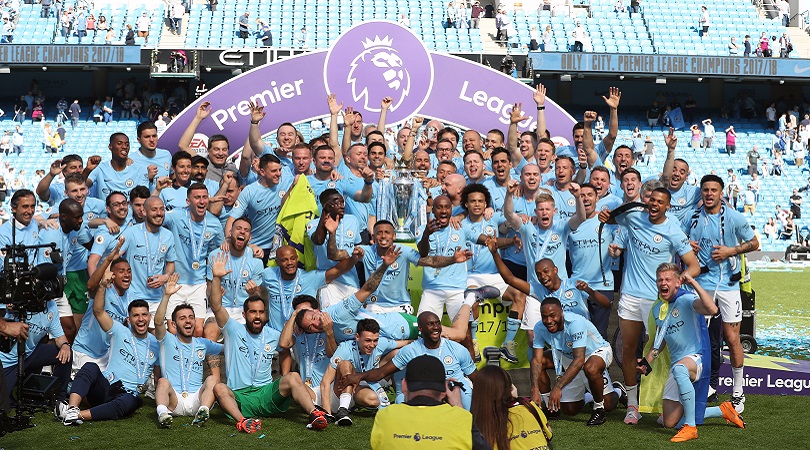
Manchester City: Nobody
One hundred points. The most goals scored. The fewest conceded. Some players were more influential than others, but 2017-18 was a collective success which nobody at the club deserves to be separated from.
Perhaps the only disappointment was the severe knee injury sustained by Benjamin Mendy early on, but the Frenchman’s misfortune worked to the benefit of Fabian Delph, who reinvented himself as an unlikely left-back.
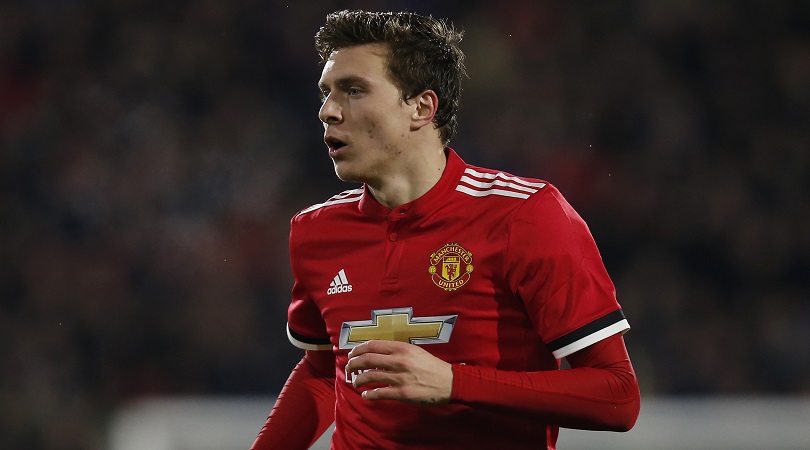
Manchester United: Victor Lindelof
The Swede made 13 starts in the league so wasn’t quite as peripheral as it may have seemed, but that was a meagre return given his €35m+ transfer fee. Nothing he did in 2017-18 suggests he has a long-term future at Old Trafford.
Whenever this kind of thing happens under Jose Mourinho it’s worth deferring judgement. The Portuguese has a history of marginalising players, so Lindelof might just need a different manager. Either way, he certainly requires more exposure if he’s to become a reliable asset to United.
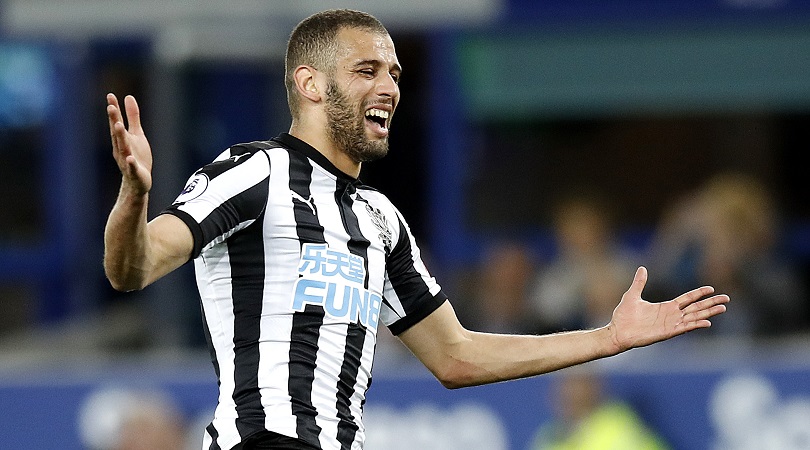
Newcastle: Islam Slimani
Rafael Benitez was always going to be digging in the bargain bins come January, but Slimani was injured at the time of his loan move and had played so little that he was never likely to gain match fitness before the end of the season.
He played four times in the end, and did make an impact in assisting Matt Ritchie’s winner against Arsenal, but a three-match ban for violent conduct at the end of the season just about summed this one up.
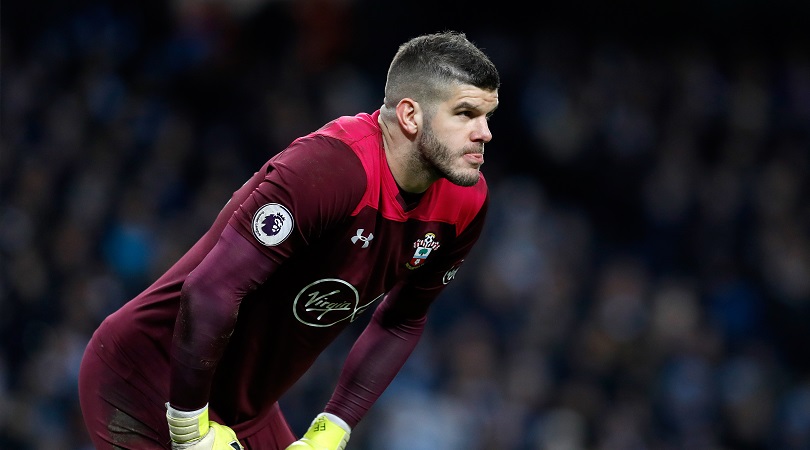
Southampton: Fraser Forster
Flash back to a year ago and with Joe Hart's future uncertain, Fraser Forster might have been eyeing up being England's No.1. By the end of this season he wasn't even Southampton's. What's worse, when eventually lost his starting job to Alex McCarthy, it was really just a relief.
A struggling goalkeeper is hard to watch and, having seemingly lost the confidence of his team-mates, his manager and his supporters, Forster had started to look painfully fragile. McCarthy’s introduction made Southampton instantly more secure and his level of performance was a big reason for his side’s survival.
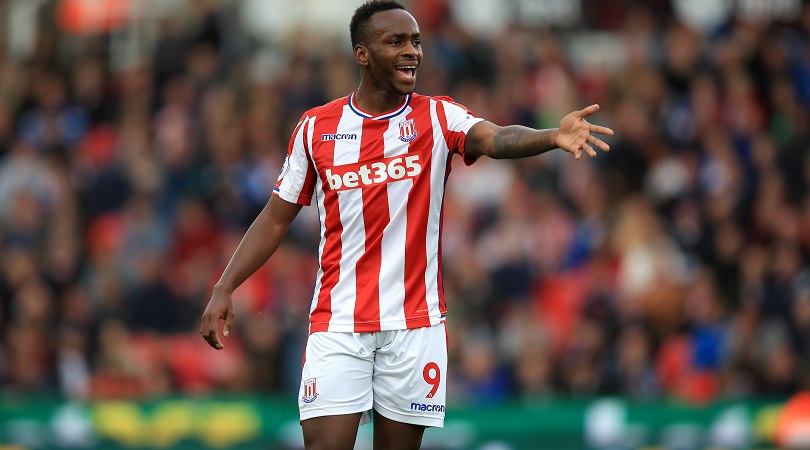
Stoke: Saido Berahino
It’s a bit obvious, but still difficult to make a case for anyone else. Berahino has evidently suffered psychologically and there’s no need to pile on, but something is fundamentally wrong with the striker’s career, because a dearth of confidence in itself doesn’t explain its plummeting trajectory.
The lack of goals is a concern – and Stoke could certainly have done with them this season – but Berahino increasingly looks like a man out of love with the game. It’s troubling and, if he remains with the Potters, hopefully the Championship will offer him the chance of a reset.
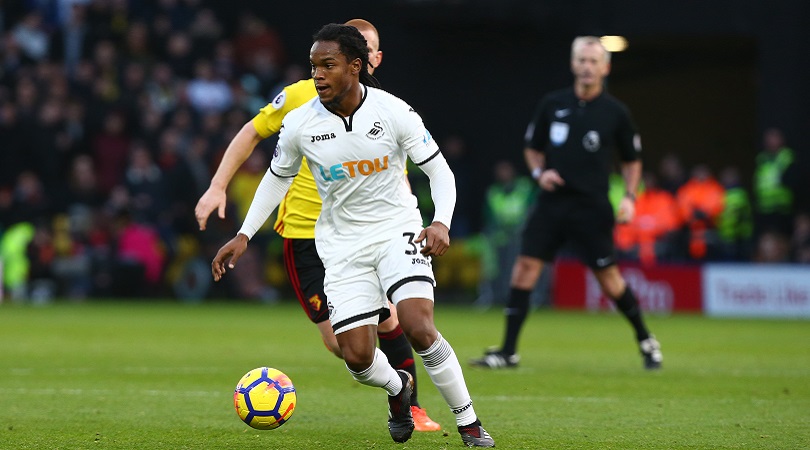
Swansea: Renato Sanches
There are reasons for Sanches’ failure and, in hindsight, pinning survival hopes on a teenager who had never experienced English football was absurd. Injuries again restricted his impact and prevented him from settling, but he returns to Bayern Munich without having left any sort of impression.
His career will presumably recover – he’s certainly young enough – but this was one of those transfers in which everybody lost.
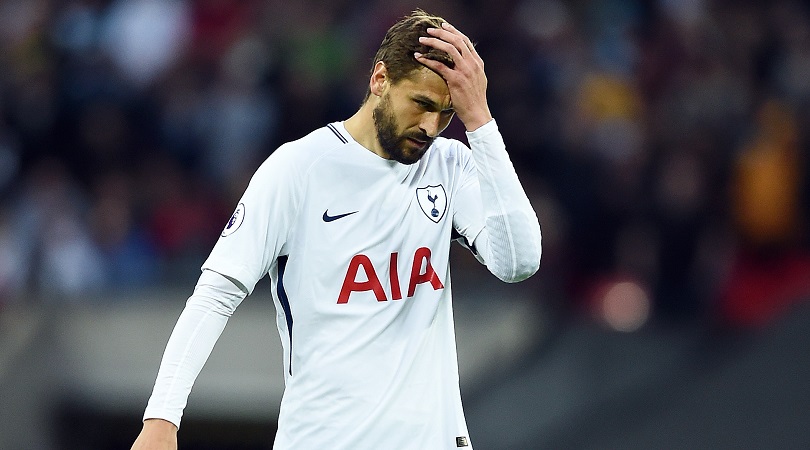
Tottenham: Fernando Llorente
The idea seemed to make sense at the time, but this was a terrible transfer. Be it his advancing years or a failure to adapt to his new side, none of the strengths Llorente showed at Swansea accompanied him to London.
One Premier League goal (fittingly against his old side) wasn’t the kind of return Mauricio Pochettino was looking for. As they were last year and the year before that, Spurs remain on the hunt for an able deputy to Harry Kane.
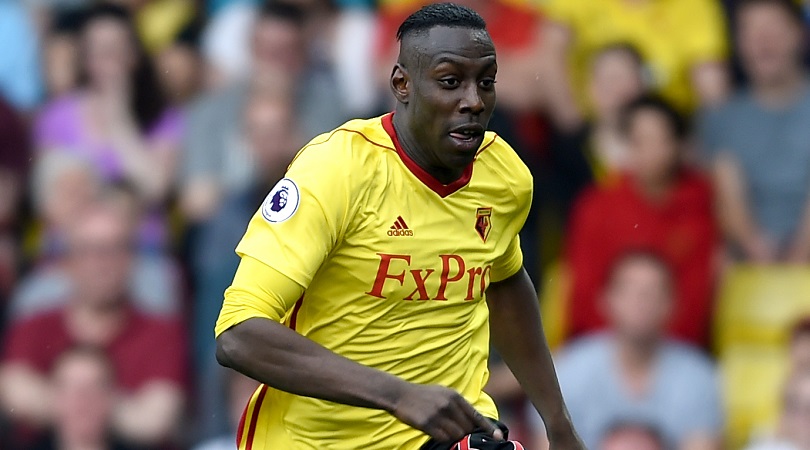
Watford: Stefano Okaka
The opening day of the season seems a long time ago now, and so does Okaka’s bullying of Liverpool centre-halves in that 3-3 draw.
He didn’t score again. A personality clash with Marco Silva marginalised him from the side, and by January the club were actively trying to loan him to the Championship. Okaka’s size and shape make him the prototypical Plan B in the Premier League, but he was only occasionally allowed to showcase his qualities.
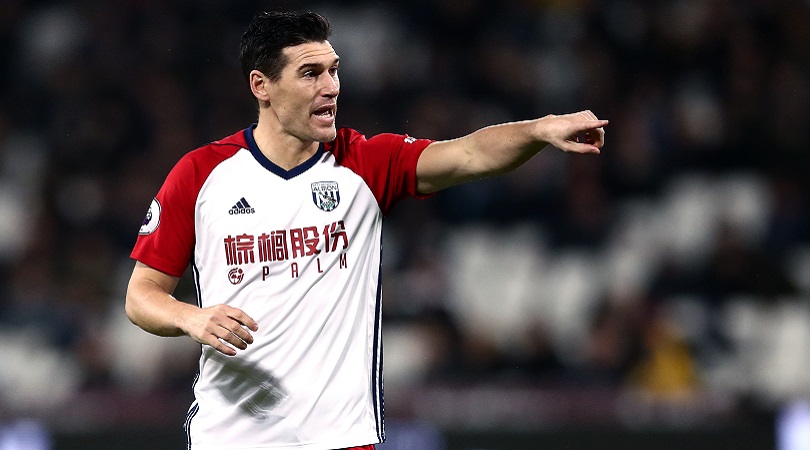
West Brom: Gareth Barry
Barry is a veteran player and, up until this season, his longevity made him a worthy example to younger players. Responsibility for Taxigate in Barcelona ultimately lies with Alan Pardew, and we’ve all had fun flogging him for that misguided attempt at fostering team spirit.
Pardew is Pardew, but Barry’s involvement was still a middle finger to Baggies supporters and, among the many factors which led to the club’s relegation, the most vivid symbol of the dysfunction.
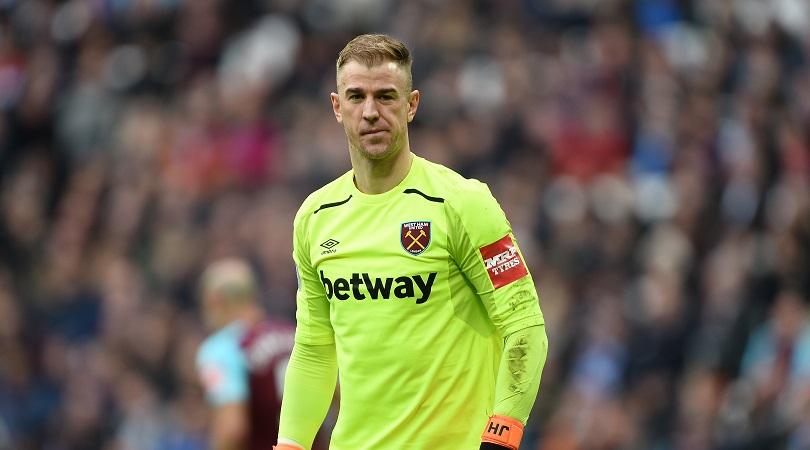
West Ham: Joe Hart
Back within a familiar culture and a league he knew, Hart was supposed to reclaim his reputation and firm up his position ahead of the World Cup. Instead, his career has nosedived and all the neuroses on show at Torino have spread. Error has followed error and his dropping in November actually seemed merciful; he looked like a player devoid of self-belief.
Where he goes from here is anybody’s guess, but another season like this one will likely leave his career beyond repair. Hart is now drinking at the last-chance saloon.
Greg Lea is a freelance football journalist who's filled in wherever FourFourTwo needs him since 2014. He became a Crystal Palace fan after watching a 1-0 loss to Port Vale in 1998, and once got on the scoresheet in a primary school game against Wilfried Zaha's Whitehorse Manor (an own goal in an 8-0 defeat).
 Join The Club
Join The Club





